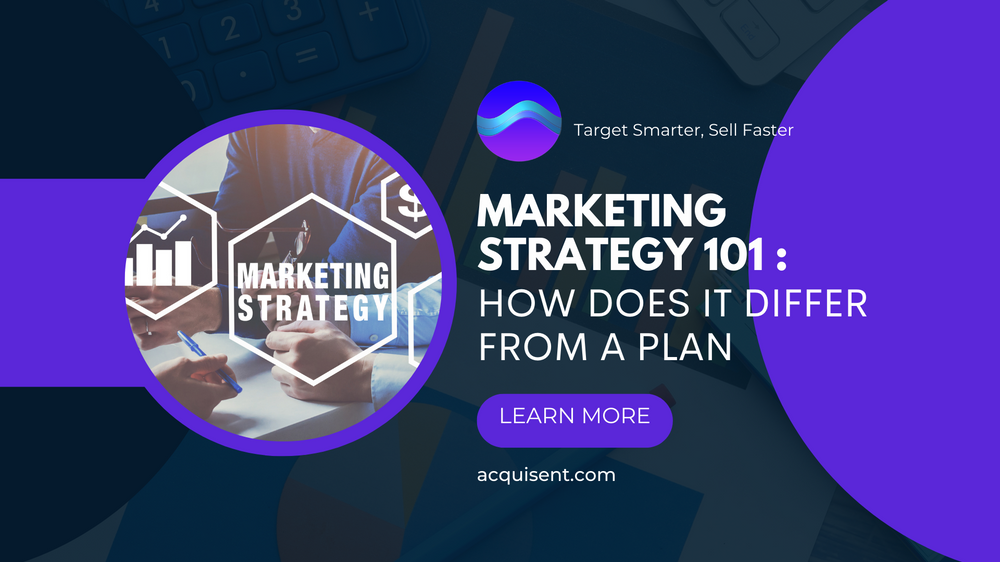In business, “marketing strategy” and “marketing plan” are often used interchangeably. However, there is a difference between the two. A marketing strategy is a high-level overview of the steps you will take to achieve your marketing goals. It is different from a marketing plan, which is a more detailed document that outlines the specific actions you will take to reach your targets.
A good marketing strategy should include offline and online marketing tactics and be tailored to your specific business goals. Learn more about this when you continue reading.
What Is a Marketing Strategy?
A marketing strategy is a plan of action to achieve a specific marketing objective.
It is a comprehensive and coordinated approach that considers all aspects of marketing, including product development, pricing, promotion, distribution, and customer service.
It also aims to identify the best way to position a company’s products or services in the marketplace and then develop and implement a plan to communicate those benefits to customers.
For it to work best, a marketing strategy should be based on a company’s strengths and weaknesses and its opportunities and threats in the marketplace. It should also consider the company’s resources, objectives, and target markets.
How Is a Marketing Strategy Different from a Marketing Plan?
The marketing strategy is your company’s overall game plan to achieve its marketing objectives.
On the other hand, the marketing plan details the tactics you will use to execute your marketing strategy.
Your marketing strategy should be based on a thorough analysis of your company’s strengths, weaknesses, opportunities, and threats (SWOT analysis). This analysis should inform your choice of target markets, positioning, and the overall mix of marketing tools that you will use.
Then, your marketing plan will detail how you will execute your chosen marketing strategy, including specific tactics, budgets, and timelines.
It’s important to note that your marketing strategy should be flexible and evolve as your
business grows and changes. Consequently, your marketing plan should be reviewed and updated regularly to make sure it is still aligned with your company’s overall objectives.
What Should You Include in Your Marketing Strategy?
When it comes to marketing, there is no one-size-fits-all approach. The key is to tailor your marketing strategy to fit your business goals. Here are a few things to consider when crafting your strategy:
1. Target Audience
Before you can start marketing your business, you need to identify your target audience. This will help you determine the best channels to reach them, what type of content to create, and what messaging will resonate.
2. Marketing Goals
Your marketing strategy should be designed to achieve specific business goals. These could include increasing brand awareness, generating leads, or driving sales. Once you know your goals, you can develop a plan to achieve them.
3. Marketing Channels
There are a variety of marketing channels you can use to reach your target audience. These could include paid advertising, social media, email marketing, or content marketing. The key is to choose the channels that will work best for your business.
4. Marketing Content
The type of content you create will depend on your target audience and the channels you plan to use. However, it’s important to create high-quality content that is relevant to your audience and provides value.
5. Marketing Budget
Your marketing budget will play a significant role in determining your strategy. You need to consider how much you can afford to spend on marketing and what type of return you expect to see.
Final Thoughts
There are many benefits to developing a well-rounded marketing strategy. By taking the time to create a strategy that incorporates all aspects of marketing, you can set your business up for success.
Do you need help in forming a SaaS marketing strategy? Partner with us at Acquisent and get the start you need. We are experts in marketing, helping software entrepreneurs grow their businesses through our three-step marketing framework. Book a demo today to learn more.


